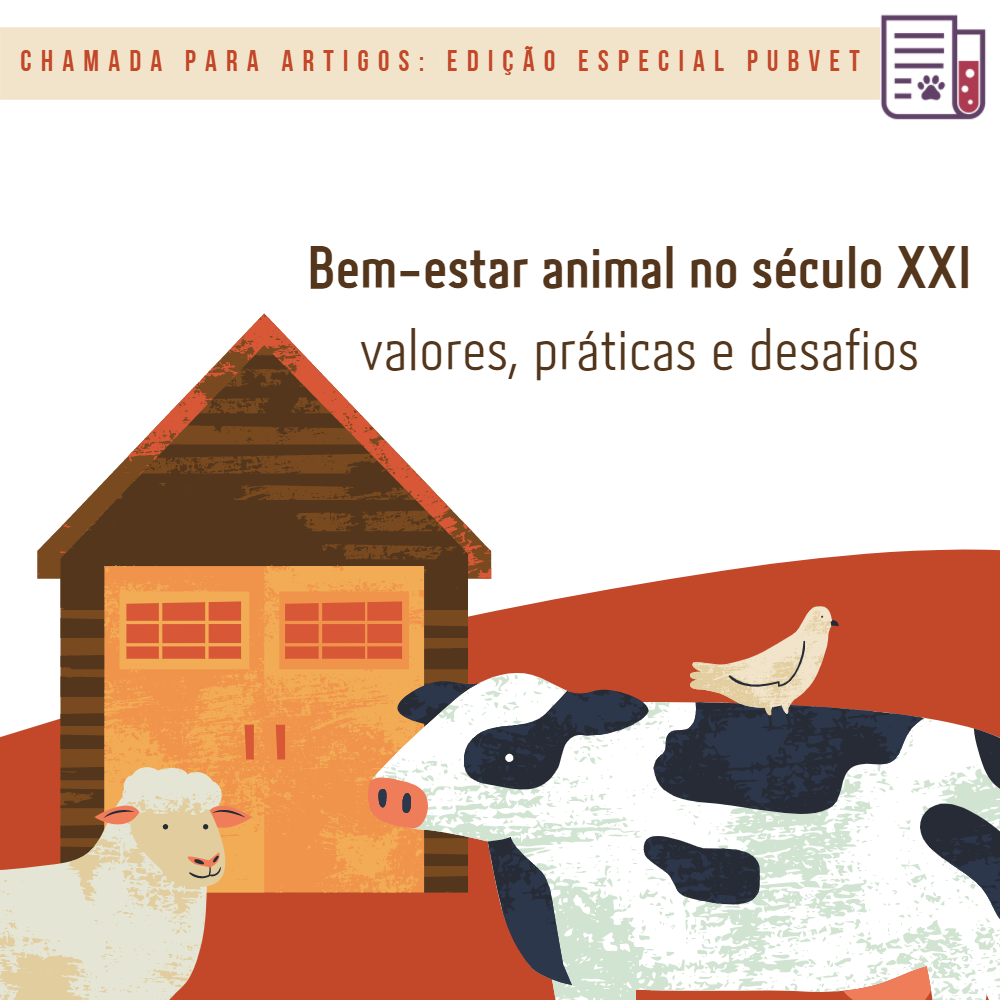Welfare assessment and responsible pet ownership in Xinguara, Pará, Brazil
DOI:
https://doi.org/10.31533/pubvet.v16Sup1.a1318.1-5Keywords:
Companion animals, welfare, responsible ownershipAbstract
In Brazil, companion animals are present in most Brazilian families, with Brazil being the country with the highest number of dogs -101 animals per 1000 habitants- according to a 2012 study carried out by Euromonitor International. It is estimated that 60% of Brazilian households have at least one pet. The present study has the general objective of evaluating animal welfare and the responsible pet ownership in the urban area of the city of Xinguara, Pará, Brazil, in order to provide subsidies for future educational activities. 112 people were interviewed, 62 women and 50 men. The total of animals in the studied population was 146. In this study, dogs represented the most isolated species, corresponding to almost half of the frequencies with 47.06%. It was observed that most of the interviewees have or already had pets in their homes, however responsible custody was not considered satisfactory for most of the domesticated animals. It was possible to verify that adoption is the main way of acquiring animals and that the vast majority of these animals are not sterilized. Of the total number of dogs and cats, only 11.97% were castrated against 85.21% of non-castrated animals. Most people from Xinguara do not know the meaning of zoonosis. Another relevant data is the perception of the majority of the population regarding the presence of stray animals in the city of Xinguara. From the results, the relevance of adopting educational policies focused on the importance of responsible ownership, as well as the sterilization of animals in the municipality of Xinguara, Pará, is evident.
Downloads
Published
Issue
Section
License
Copyright (c) 2022 Maria Clara Laurindo Paiva de Sousa, Saura Nayane de Souza, Sebastiana Adriana Pereira Sousa, Amanda Monteiro dos Santos

This work is licensed under a Creative Commons Attribution 4.0 International License.
Você tem o direito de:
Compartilhar — copiar e redistribuir o material em qualquer suporte ou formato
Adaptar — remixar, transformar, e criar a partir do material para qualquer fim, mesmo que comercial.
O licenciante não pode revogar estes direitos desde que você respeite os termos da licença. De acordo com os termos seguintes:
Atribuição
— Você deve dar o crédito apropriado, prover um link para a licença e indicar se mudanças foram feitas. Você deve fazê-lo em qualquer circunstância razoável, mas de nenhuma maneira que sugira que o licenciante apoia você ou o seu uso. Sem restrições adicionais
— Você não pode aplicar termos jurídicos ou medidas de caráter tecnológico que restrinjam legalmente outros de fazerem algo que a licença permita.





